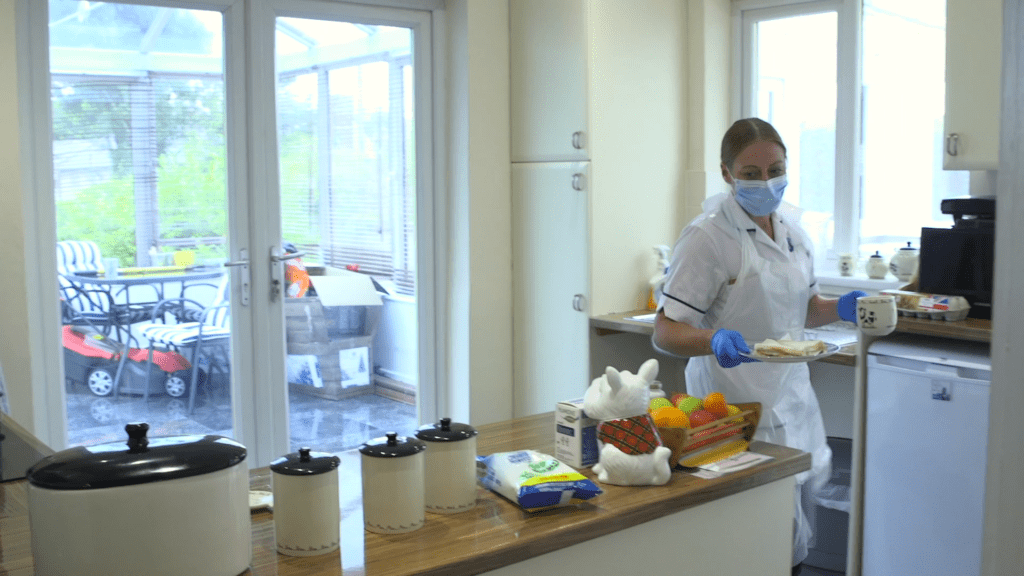There is no shame in requiring a carer. In fact, it is more than likely that at some point in our lives the majority of us will need the help of a carer in our lives. Needing a carer doesn’t necessarily mean that you are ill or that you need physical help. It could be as simple as wanting some companionship through the day, or someone to go on day trips with. So we want to inform you on what some of the signs that you may need home care are.
So what are some signs that you may need to start considering needing care?
As much as we may not want it to happen, as our bodies get older start to slow down and things that were once easy for us to do may get harder. This can be frustrating but some things to look out for are:
- Leaving the house regularly
- Zipping up your coat
- Tying your shoelaces
- Remembering to get groceries on a regular basis
- Keeping on top of cleaning
- Getting in and out of the bath/shower
- Keeping on top of personal hygiene
- Preparing and/or eating regularly
- Remembering to take medication
If any of these tasks sound familiar and have recently become increasingly more challenging to keep up with. It may be time to start considering home care. Don’t wait, reach out now.
Spotting the Signs
Dementia is a disease that can take as much of a toll on the sufferer’s loved ones as it does the sufferer themself. 1 in 14 people over the age of 65 have dementia and more than 850,000 people have dementia in the UK alone. Therefore, it is extremely important that people are aware of how to spot the signs of dementia amongst their loved ones and those around them.
So what are some of the signs?
- Memory loss
People who suffer with dementia tend to display signs of short term memory loss. It is common that they may potentially still have their long term memory, but more recent memories can be muddled or forgotten entirely. These symptoms may start slowly, the odd muddle up and as the disease progresses this can become worse/ more severe over time.
- Change in behaviour
Displays of drastic behavioural changes can be an indicator that someone is suffering from dementia. Inappropriate behaviour can start to appear – things such as trying to remove clothing, shouting at strangers or trying to find their parents can be examples of this.
- Mood swings
Unexplainable mood swings being a common occurrence can also be an indicator. Big feelings like SADNESS or DEPRESSION can start to occur in bouts without being related to any particular event.
- Communication
Conversations can become disjointed in nature. It can be easy for a sufferer to lose their train of thought, or muddle up their thoughts when talking. Remembering what had been said moments before can also become a challenge, and so tasks like following simple directions can become increasingly difficult.
- Sudden change in humour
Although this may sound a bit out there. Studies have shown a correlation between a person’s sudden shift in humour type and dementia. In fact it can be one of the earliest signs of onset dementia.
FOR EXAMPLE: Someone known for their slapstick sense of humour starts to be more satirical.
- Loss of balance
Dementia can affect a person’s ability to balance, unfortunately heightening the risk of falls in the future. This is another symptom that can get worse as the disease progresses.
- Increased fatigue
Often it is common for a sufferer to become tired a lot quicker. A devastating factor of dementia can be watching someone lose interest in the things they once loved.
It can be a hard thing to ask for help and the process of needing care can be an emotional one. Regardless, it is important to be aware of the signs and keep an eye out for any indicators that help is needed. Remember, the sooner the signs can be caught, the sooner intervention can occur and the better help can be offered. Hopefully, once you know what some of the signs that you may need home care are, you can make an informed judgement that can help you in the long run.





